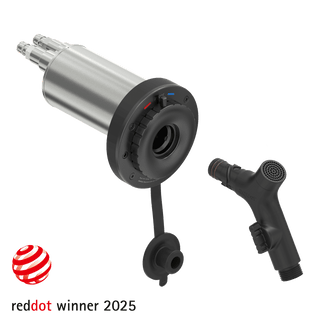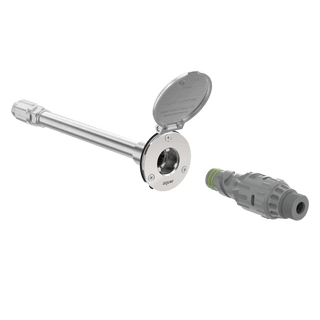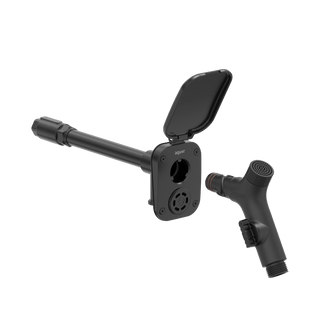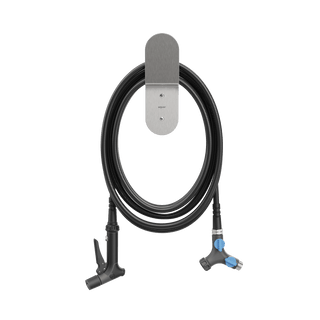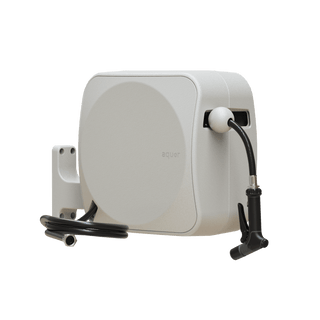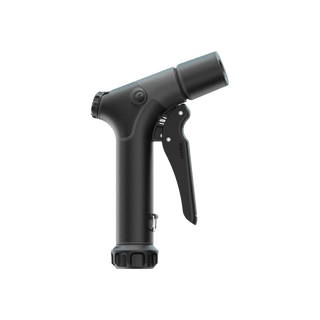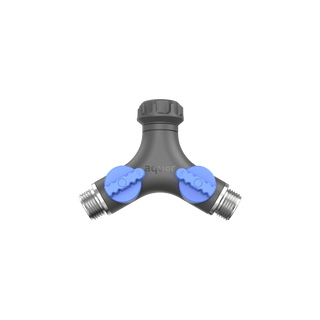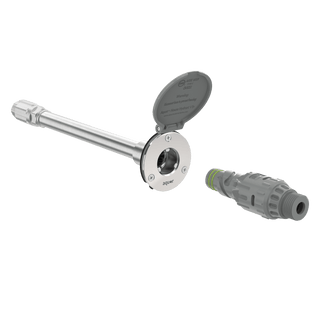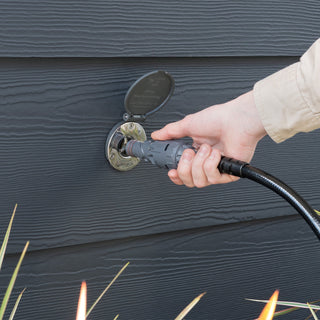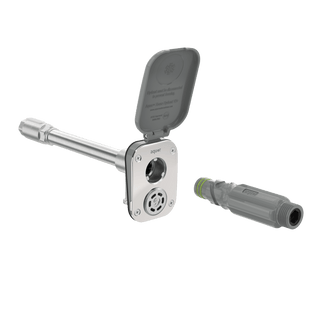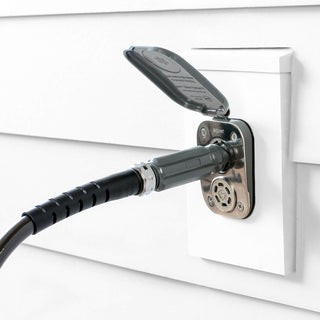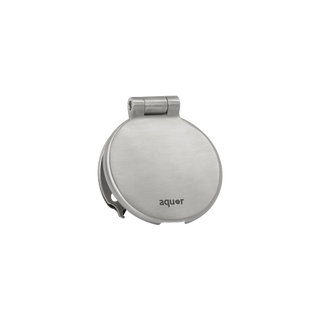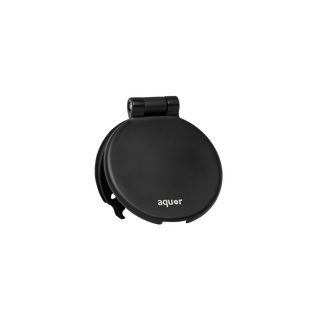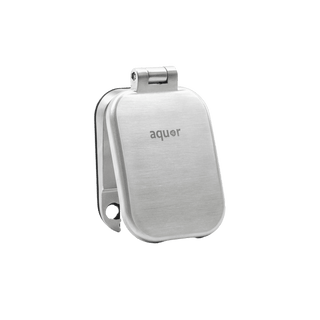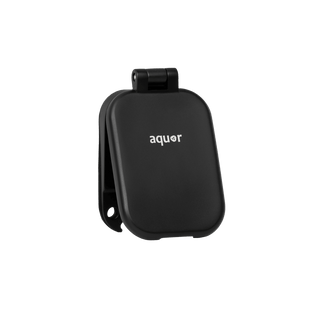What Makes Stainless Steel Hydrants So Great?
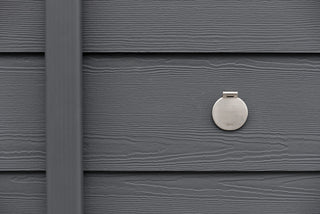
Stainless steel has become more common in construction over the last decade due to its beneficial properties, but what exactly is stainless steel, what makes it so great, and why do we use it?
What Is Stainless Steel?
Stainless steel is a general term used to describe a family of metal alloys containing iron, a minimum of 11% chromium, and a handful of other elements. There are four main types of stainless steel: austenitic, ferritic, martensitic, and duplex. Each type of stainless steel has varying material grades. For example, austenitic stainless steel includes 202, 205, 304, 316, and 317 grades. Each type and grade of stainless steel has a specialized use case—one is not necessarily better than the other.
Why Does Aquor Use Stainless Steel?
Aquor hydrants are composed of 100% 316L grade austenitic stainless steel, which is a fantastic material for outdoor water faucets:
- Incredible freeze protection
- Extreme corrosion-resistance
- High durability and long lifespan
-
100% lead-free and drinking-water safe
Stainless steel is also one of the most sustainable building materials. Not only can stainless steel last decades, it is also 100% recyclable and produces no toxic byproducts during manufacturing. It’s safe for the environment, manufacturers, and consumers. 
Stainless Steel’s Superior Frost Protection
One of the biggest concerns about hose bibs is frost protection. Traditional brass hose bibs have high thermal conductivity, meaning brass can quickly lose heat and gain heat. In most cases, brass bibs are prone to freezing because the outside temperature causes the brass to lose heat faster than it can gain heat from inside the home. Stainless steel helps prevent:
- Heat escaping from the home.
- In-wall condensation.
- Higher chances of freezing or bursting pipes.
In colder climates, brass bibs need to be installed deep within walls to prevent freezing, so spigots are often installed in inconvenient locations. These outdoor water faucet issues have always been present… until Aquor developed the House Hydrant!  The 316L stainless steel used for Aquor hydrants has one of the lowest thermal conductivities of any metal alloy. 316L stainless steel can effectively retain heat and drastically reduce the problems involved with traditional brass bibs. Stainless hydrants have up to 8x better freeze resistance than brass! Aquor’s superior frost protection allows for safe installation into any wall, providing peace of mind for both homeowners and contractors.
The 316L stainless steel used for Aquor hydrants has one of the lowest thermal conductivities of any metal alloy. 316L stainless steel can effectively retain heat and drastically reduce the problems involved with traditional brass bibs. Stainless hydrants have up to 8x better freeze resistance than brass! Aquor’s superior frost protection allows for safe installation into any wall, providing peace of mind for both homeowners and contractors.
What Makes Stainless Steel Anti-Corrosive?
The primary anti-corrosive property of stainless steel comes from its chromium content. Stainless steel forms a protective layer of chromium oxide known as a passive layer. The protective layer is called a passive layer because the metal exposed to oxygen passively regenerates this protective barrier.
316L stainless steel also contains an element called molybdenum, which further improves corrosion resistance, specifically against pitting corrosion. The passive layer together with molybdenum makes the metal highly resistant to typical water-related corrosion (think hard water and salty sea water). This is why the Aquor marine deckwash has been trusted in saltwater for over 20 years.
The Longevity of Stainless Steel
Stainless steel is also known for its high tensile strength and is regarded as the strongest building material in the world. Just like the steel used in construction, our hydrants are designed to withstand harsh conditions and last an incredibly long time with little to no maintenance. We stand by the longevity of our products and provide a lifetime warranty for all stainless steel parts.

100% Non-Toxic, Zero-Lead Content
Many brass plumbing products today are labeled as “lead-free,” although they can legally still contain up to .25% lead. Aquor is proud to produce a 100% zero-lead, non-toxic, food-grade hydrant.
Want to learn more about Aquor Water Systems? Click here to see how our system works!

